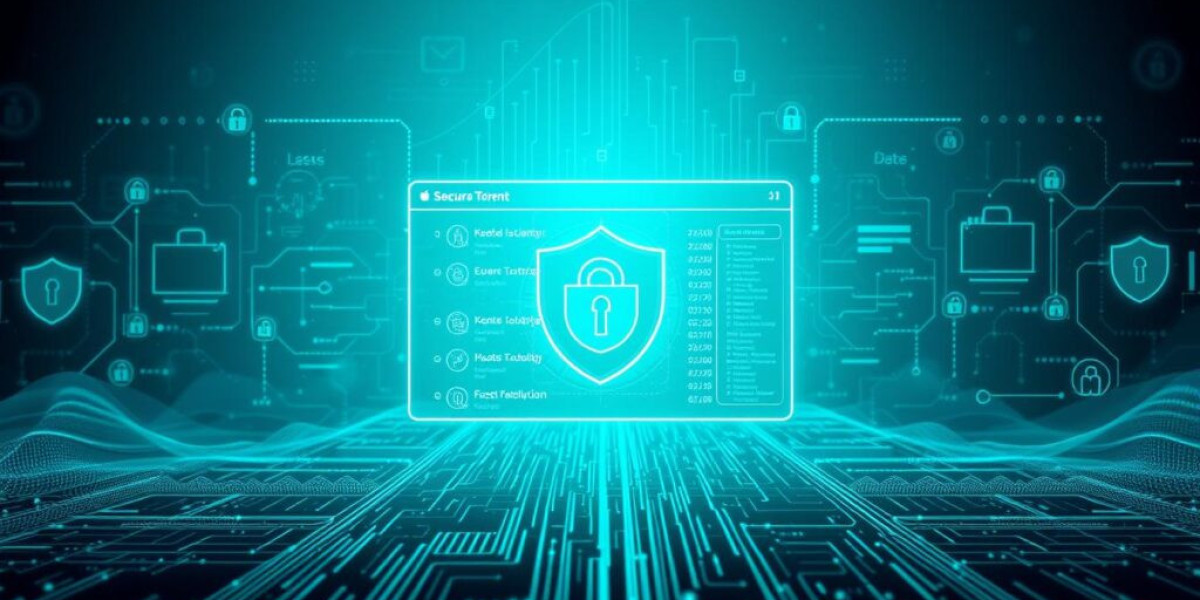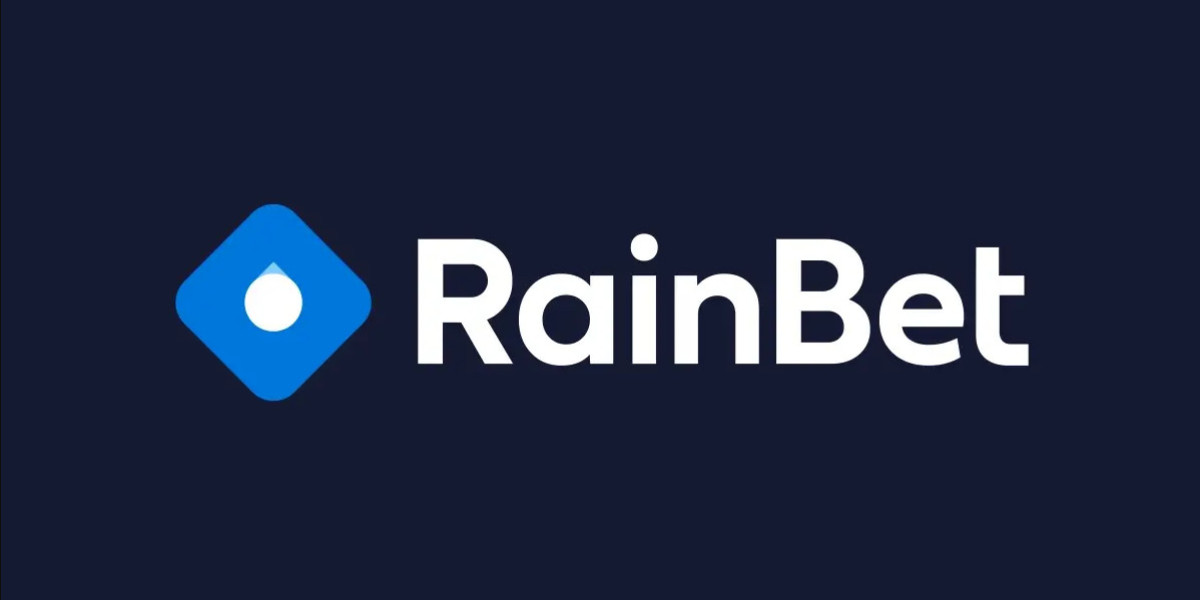Technology is altering our world at an impressive speed! Its sweeping changes can be discovered all over and they can be described as both thrilling, and at the same time scary. Although individuals in many parts of the world are still attempting to come to terms with earlier technological revolutions in addition to their sweeping social and educational implications - which are still unfolding, they have actually been awoken to the reality of yet another digital revolution - the AI revolution.
Expert System (AI) innovation describes the capability of a digital computer or computer-controlled robotic to perform jobs that would otherwise have been brought out by human beings. AI systems are developed to have the intellectual procedures that identify humans, such as the capability to reason, discover significance, generalize or gain from previous experience. With AI technology, large quantities of details and text can be processed far beyond any human capability. AI can likewise be utilized to produce a vast range of new material.
In the field of Education, AI innovation comes with the potential to enable new forms of mentor, finding out and academic management. It can also boost discovering experiences and assistance teacher jobs. However, in spite of its favorable potential, AI likewise positions considerable dangers to trainees, the mentor community, education systems and society at big.
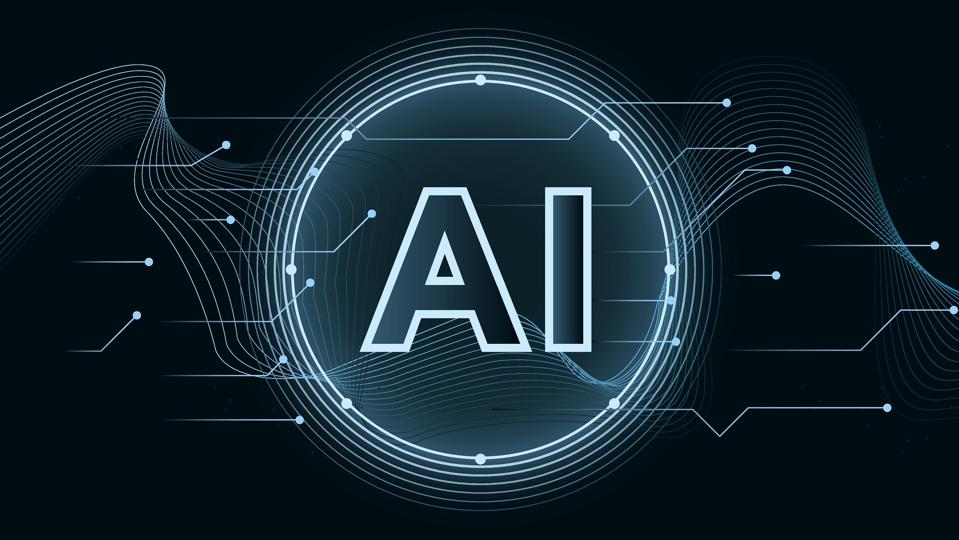
What are some of these risks? AI can decrease mentor and learning procedures to estimations and automated tasks in methods that devalue the role and influence of teachers and damage their relationships with students. It can narrow education to only that which AI can process, model and deliver. AI can also worsen the around the world scarcity of qualified teachers through disproportionate spending on innovation at the cost of financial investment in human capacity development.

Using AI in education likewise produces some essential questions about the capability of teachers to act purposefully and constructively in determining how and when to make cautious usage of this technology in an effort to direct their expert growth, discover options to challenges they face and chessdatabase.science enhance their practice. Such fundamental questions consist of:
· What will be the role of teachers if AI innovation end up being extensively carried out in the field of education?
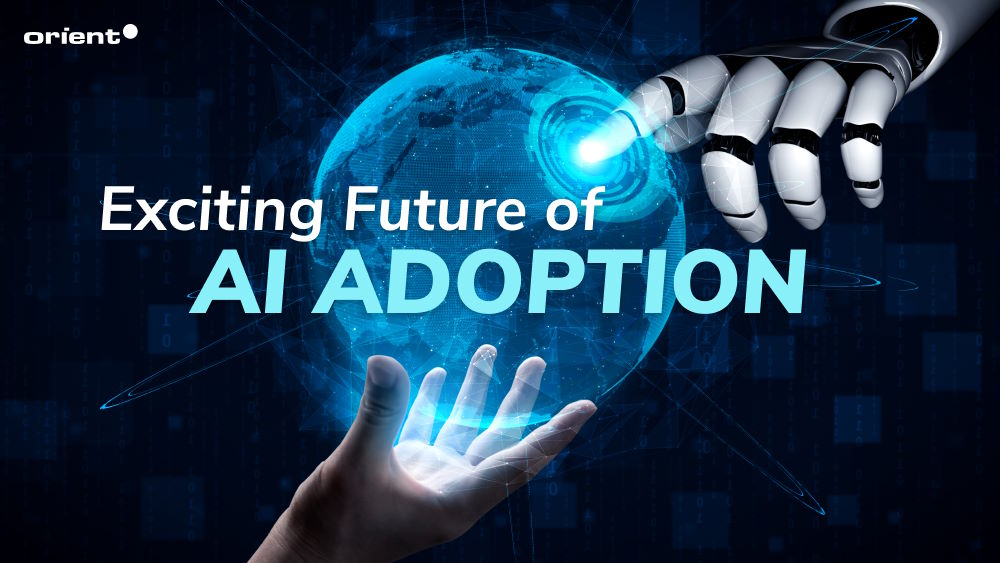
· What will assessments appear like?
· In a world where generative AI systems appear to be developing brand-new capabilities by the month, what abilities, outlooks and proficiencies should our education system cultivate?
· What modifications will be needed in schools and beyond to assist trainees strategy and direct their future in a world where human intelligence and device intelligence would seem to have ended up being ever more closely connected - one supporting the other and vice versa?
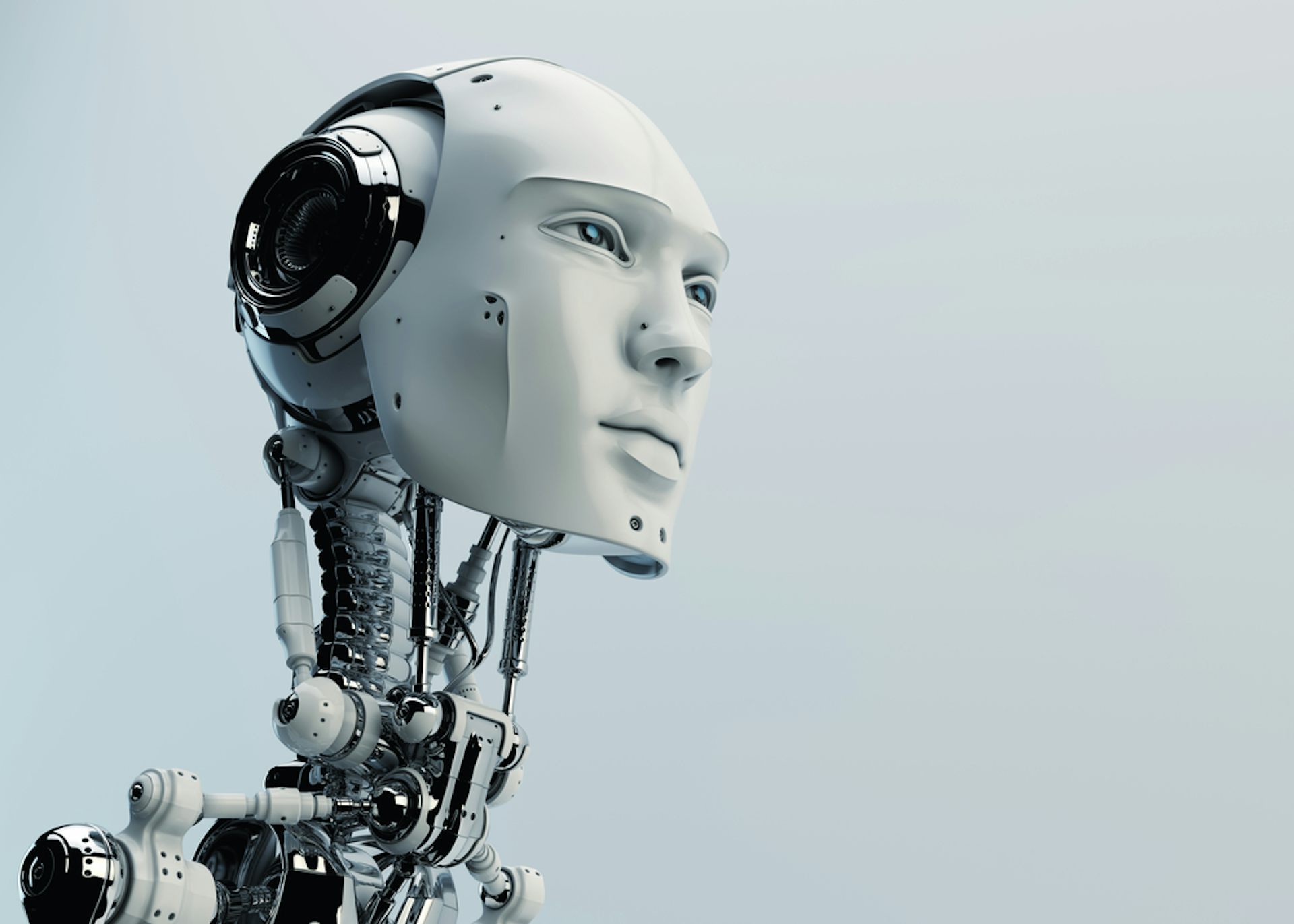
· What then would be the purpose or function of education in a world dominated by Expert system innovation where people will not always be the ones opening brand-new frontiers of understanding and knowledge?
All these and more are intimidating concerns. They require us to seriously think about the issues that develop concerning the implementation of AI technology in the field of education. We can no longer simply ask: 'How do we get ready for an AI world?' We must go deeper: 'What should a world with AI appear like?' 'What functions should this effective technology play?' 'On whose terms?' 'Who chooses?'
Teachers are the main users of AI in education, and they are expected to be the designers and facilitators of trainees' learning with AI, the guardians of safe and ethical practice throughout AI-rich educational environments, and to function as function models for long-lasting discovering AI. To presume these duties, instructors require to be supported to develop their capabilities to leverage the potential advantages of AI while reducing its risks in education settings and larger society.
AI tools should never ever be developed to change the genuine accountability of teachers in education. Teachers must remain liable for pedagogical choices in using AI in teaching and in facilitating its uses by trainees. For instructors to be accountable at the practical level, a pre-condition is that policymakers, teacher education institutions and schools assume obligation for preparing and supporting teachers in the correct use of AI. When presenting AI in education, legal protections must also be developed to safeguard instructors' rights, and long-term financial dedications require to be made to guarantee inclusive gain access to by teachers to technological environments and standard AI tools as essential resources for adjusting to the AI period.
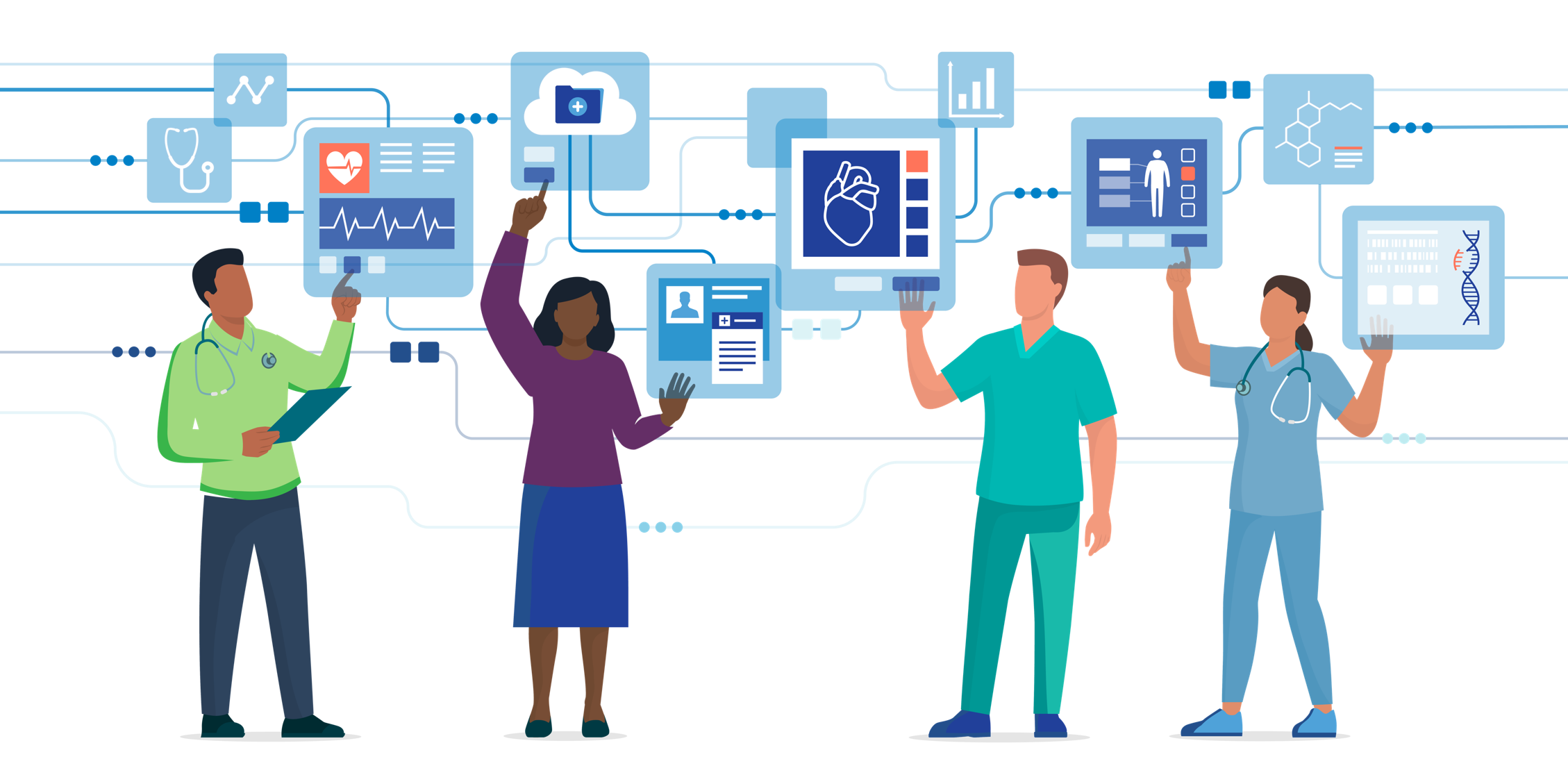
A human-centered technique to AI in education is important - a technique that promotes crucial ethical and
practical principles to help control and direct practices of all stakeholders throughout the whole life cycle of AI systems. Education, offered its function to secure in addition to facilitate advancement and knowing, has a special obligation to be fully knowledgeable about and responsive to the risks of AI - both the recognized risks and those only just coming into view. But too typically the threats are disregarded. Using AI in education therefore needs mindful consideration, including an evaluation of the progressing roles instructors require to play and the proficiencies required of instructors to make ethical and effective usage of Artificial Intelligence (AI) Technology.
While AI offers opportunities to support teachers in both teaching in addition to in the management of finding out procedures, meaningful interactions in between instructors and students and human flourishing must remain at the center of the instructional experience. Teachers need to not and can not be replaced by technology - it is vital to protect teachers' rights and guarantee adequate working conditions for them in the context of the growing usage of AI in the education system, in the work environment and in society at big.




